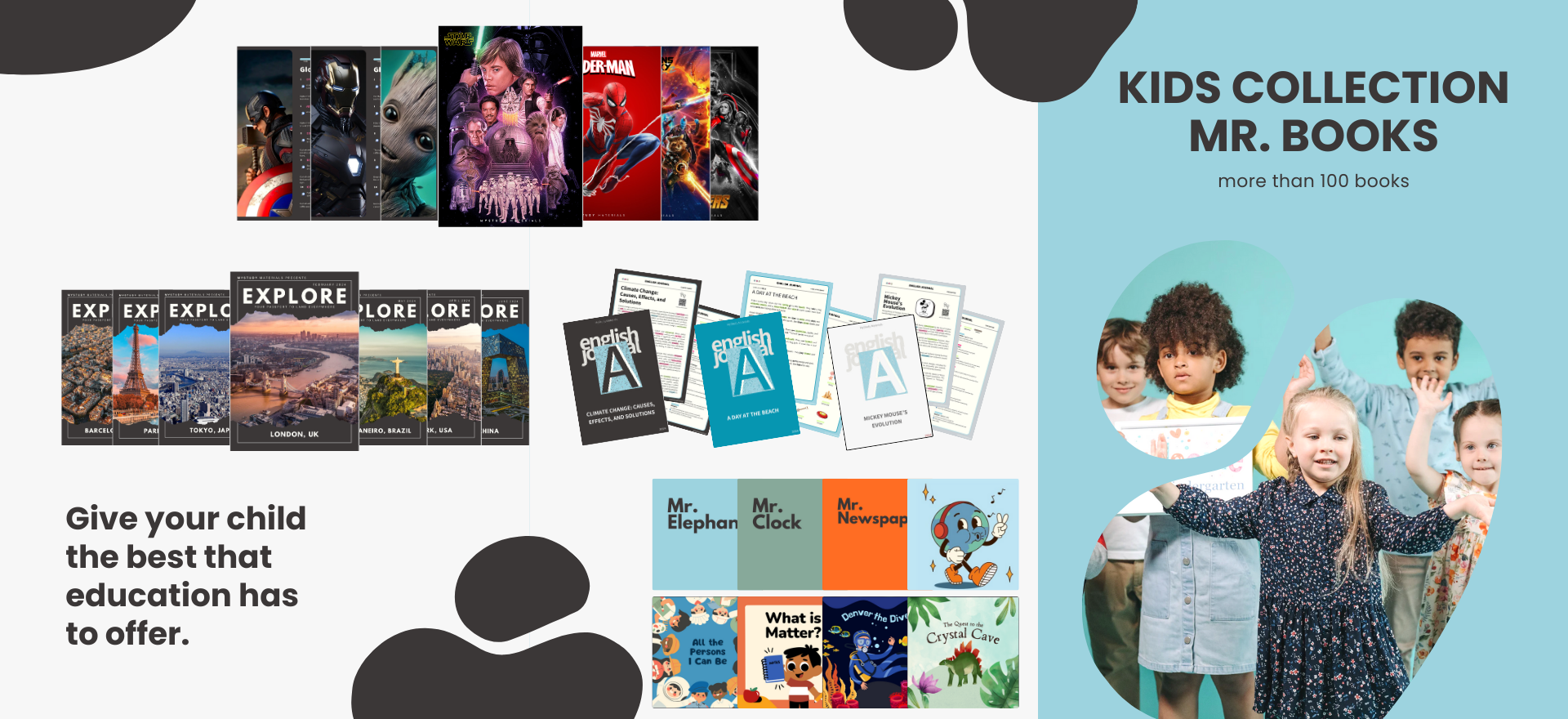Modal Verbs: Expressing Possibility, Permission, and More!
Gustavo CamiloMastering Modal Verbs: Your Guide to Expressing Possibility, Permission, and More! ✨
Modal verbs are small but mighty! They add extra meaning to sentences, showing possibility, ability, necessity, or permission. Let's dive into the world of modals and learn how to use them like a pro! 🎉
What Are Modal Verbs?
Modal verbs are special verbs that modify the meaning of the main verb in a sentence. They are:
-
Can
-
Could
-
May
-
Might
-
Shall
-
Should
-
Will
-
Would
-
Must
Unlike regular verbs, modals do not change form (no -s, -ed, or -ing endings), and they are always followed by the base form of the verb. 🔓
The Modals and Their Superpowers 🎩
1. Can: Ability and Permission
-
Ability: Expresses what someone is able to do. Example: "I can swim." 🏊 This means you have the ability to swim.
-
Permission: Used to ask or give permission. Example: "Can I borrow your pen?" 🖋 Here, you're asking if it's okay to use someone's pen.
2. Could: Past Ability, Polite Requests, and Possibility
-
Past Ability: Refers to what someone was able to do in the past. Example: "I could run faster when I was younger." 🏃♂️
-
Polite Request: A more polite way to ask for something. Example: "Could you pass me the salt?" 🍽
-
Possibility: Suggests that something might happen. Example: "It could rain tomorrow." ☂️
3. May: Permission and Possibility
-
Permission: A formal way to ask for or grant permission. Example: "May I leave early?" ⏳ This is a polite and respectful way to ask.
-
Possibility: Indicates that something is possible. Example: "It may snow later." ❄️ This suggests there's a chance of snow.
4. Might: Less Certain Possibility
-
Possibility: Implies a weaker chance than "may." Example: "I might visit Paris this summer." 🌍 This suggests it's not very certain but still possible.
5. Shall: Suggestions and Promises (Formal)
-
Suggestion: Used to make offers or suggestions, often in formal contexts. Example: "Shall we dance?" 🎇 This is an invitation to dance.
-
Promise: Indicates determination or a guarantee. Example: "You shall have your reward." ✨ This implies a firm promise.
6. Should: Advice and Probability
-
Advice: Recommends something as the right thing to do. Example: "You should eat more vegetables." 🍇 This suggests it's a good idea for your health.
-
Probability: Expresses what is likely or expected. Example: "He should be home by now." ⏳ This means it's reasonable to expect he's home.
7. Will: Future Intentions and Promises
-
Future: Refers to actions or events that will happen. Example: "I will call you tomorrow." 📞 This shows intent to call.
-
Promise: Makes a strong commitment. Example: "I will always love you." 💕 This expresses a heartfelt promise.
8. Would: Hypothetical Situations and Politeness
-
Hypothetical: Describes imaginary or conditional situations. Example: "I would travel more if I had the money." 🌿 This means you'd travel if circumstances were different.
-
Politeness: A polite way to make requests. Example: "Would you mind closing the door?" 🚪 This is a courteous way to ask.
9. Must: Necessity and Strong Deduction
-
Necessity: Indicates something that is essential or required. Example: "You must wear a helmet." 🛵 This is a rule or law.
-
Deduction: Shows a logical conclusion. Example: "He must be tired; he worked all night." 🌇 This deduces that he's likely exhausted.
Quick Modal Rules 🔧
-
Modal verbs are followed by the base form of the main verb: She can dance.
-
Modals don't take an -s in the third person singular: He should go.
-
Use "not" to make them negative: She cannot (can't) swim.
Fun Exercises to Practice 🎮
Exercise 1: Match the Modal to the Sentence
-
___ you help me with my homework? (Polite request)
-
He ___ be the winner; he trained so hard! (Strong deduction)
-
I ___ go to the party tonight if I finish my work. (Possibility)
-
You ___ study for the test tomorrow. (Advice)
Answers: 1. Could, 2. Must, 3. Might, 4. Should
Exercise 2: Fill in the Blanks
Fill in the blanks with the correct modal verb.
-
You ___ wear a coat; it’s cold outside. 🌧☁
-
___ I use your phone? 📱
-
We ___ travel to Japan next year. 🇯🇵
-
She ___ play the piano beautifully. 🎹
Answers: 1. Should, 2. May, 3. Might, 4. Can
Exercise 3: Create Your Own Sentences
Write one sentence for each modal verb. Be creative! 😉
Bonus Task: Modal Madness Game 🎮
Play this with friends! Take turns using a modal verb in a sentence. If someone repeats a modal or uses it incorrectly, they’re out! Last person standing wins! 🏆
Mastering modal verbs opens the door to clearer communication and more natural English. Keep practicing, and soon you’ll use them effortlessly! 🙌

